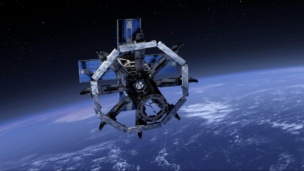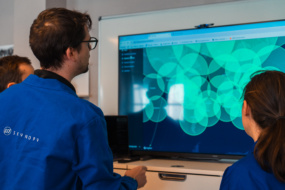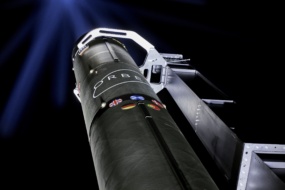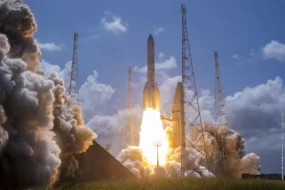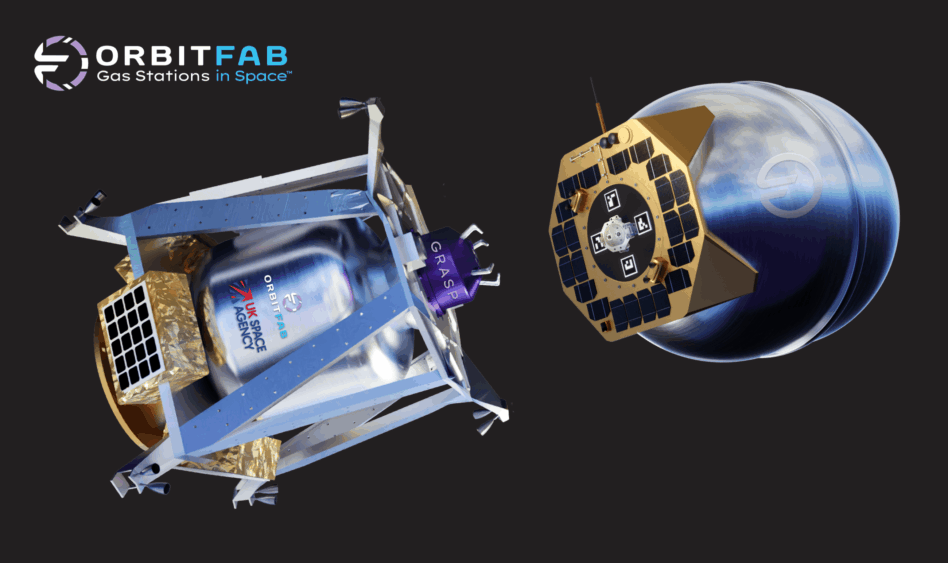Interstellar Technologies, the Japanese company building end-to-end space services, signed agreements with five organizations this week to launch payloads aboard the first flight of its ZERO rocket in 2027.
The passengers on the inaugural ride include:
- A 1U cubesat from Singaporean startup Ocullospace, aimed at demonstrating IoT connectivity and remote sensing from LEO.
- A 1U wooden chassis cubesat developed by US students as part of the non-profit Wolfpack CubeSat Development Team.
- A 1U nanosat developed by Tokyo City University, which will carry the BBC micro:bit educational microcomputer to LEO.
- A 2U satellite made by students at Japan’s Small Spacecraft Systems Research Center, which aims to demo 3D measurements of objects at a distance.
- A satellite separation system from DALRO Aerospace, a South Korean startup.
High risk, high reward: While the launch service agreements mark the first paying customers aboard an Interstellar flight, they won’t cover the costs of the launch itself.
Instead, the main goal is to give Interstellar a chance to practice the entire mission operation, from customer acquisition, to integration, launch, and deployment, according to Leo Koyama, Interstellar’s head of mission management.
“Our top priority is that we want to acquire space heritage. When we say space heritage, we mean deploying the payload into the planned orbit…not just achieving max Q,” Koyama told Payload. “In order to do that, we need some sort of working satellite.”
As a result, Interstellar had to be upfront about the risks involved in a first flight, telling customers that “the odds are not going to be good, [and] the risks are going to be high,” Koyama said.
Interstellar declined to share the value of the launch service agreements, but Koyama said that offering below market prices—“insignificant” to the cost of the launch—played a role in getting customers to sign on.
What’s next: Following the first flight planned for 2027, Interstellar aims to quickly ramp up to 10 annual launches of the ZERO rocket, which is designed to bring 1,000 kgs to LEO.
In January, Interstellar partnered with Woven by Toyota, a subsidiary of the auto manufacturer focused on investing in next-gen technologies. The partnership will streamline Interstellar’s rocket production and cut costs in support of the increased launch cadence.
Correction: An earlier version mischaracterized ZEROs payload capacity, its 1,000 kgs.

